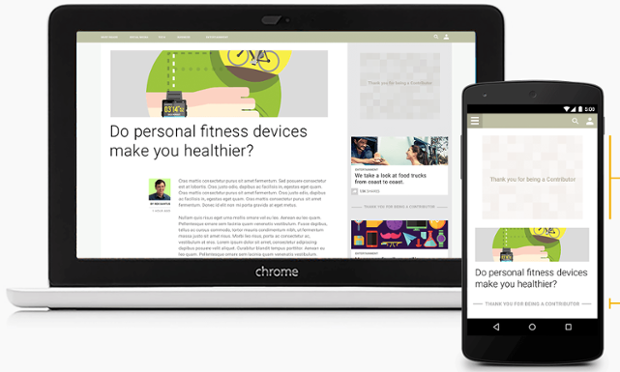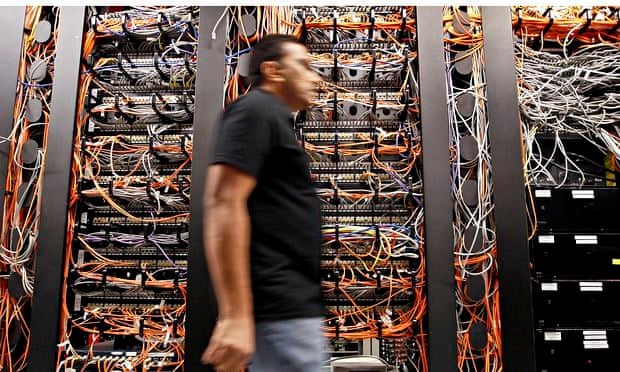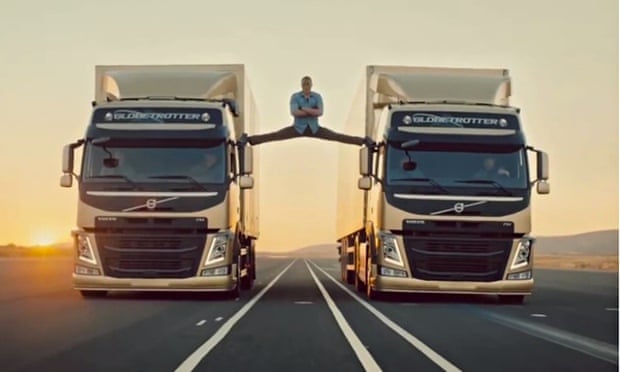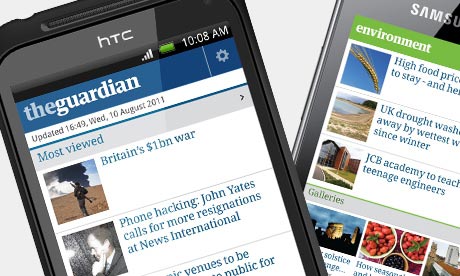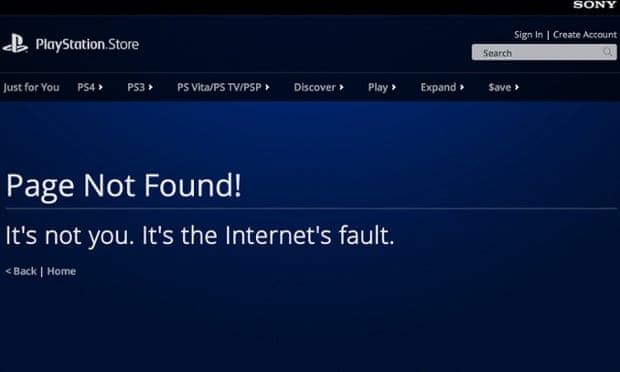CES 2015: 25 new products and technologies
worth talking about

In many ways, this year’s CES technology show in Las Vegas is business as usual. Devices are
getting thinner, a new acronym is spawned every minute, and every company is
revolutionising something in their press releases.
What are the products whose implications will last longer than
the in-show hype, though? Below, we’ve rounded up 25 of the new products and technologies
from CES 2015 that are worth talking about. Which, note, isn’t the same thing
as calling them the “best” products or the ones most likely to be commercially
successful. These are some products
Gogoro Smartscooter
Gogoro’s Smartscooter is an electric scooter with a range of nearly 100 miles, but you
don’t recharge its battery: you swap it. The company will operate a series of
hubs where batteries can be reserved ahead of time, then swapped for the one
that’s running out. There’s no news on its launch date or likely price,
including the cost of the ongoing subscription for the batteries.
Talking point: better or worse than the Tesla model of charging
points?
Voxel8 3D printer
There are plenty of 3D printer companies showing off their new devices
at CES, but the Voxel8 is the most intriguing of the lot. Its focus is on printing
electronic circuits rather than just plastic objects, using conductive ink that
dries quickly, and can be embedded in other objects. In the future, it could be
used from devices including hearing aids, wearable gadgets and even quadcopter
drones.
Talking point: What does it mean for tech if we can print our
own circuits?

